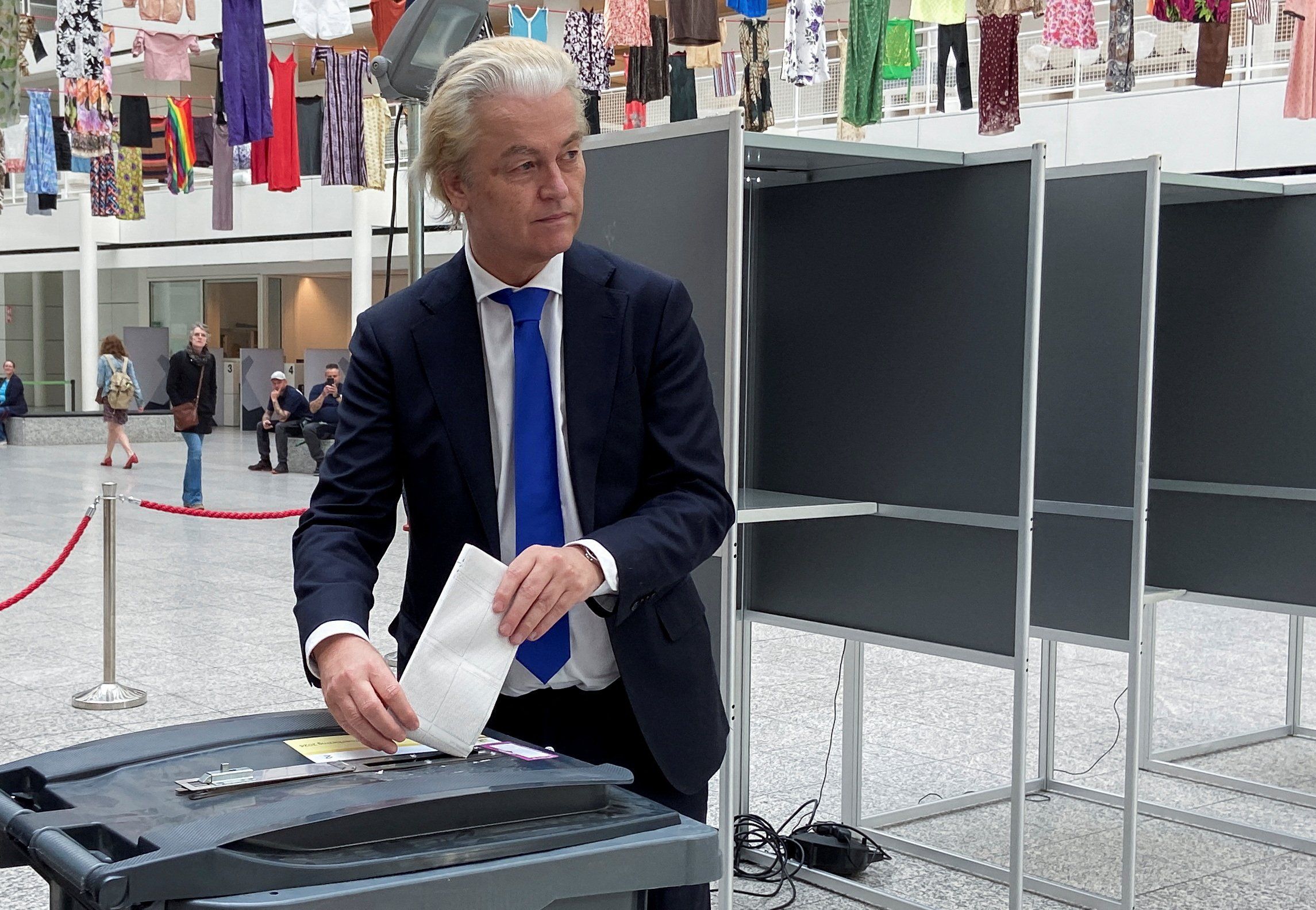REUTERS/Lewis Macdonald
The Netherlands and Estonia kicked off the European Parliament elections on Thursday, with the rest of the bloc’s 27 member states set to vote on the composition of its ruling body by Sunday.
While each country will have local issues weighing heavily on voters, a few patterns of concern are crossing borders: immigration, the war in Ukraine, and climate policy, particularly where it intersects with energy costs. On balance, the far-right parties like Alternative for Germany, France’s National Rally, and Brothers of Italy look set to grow their seats, but barring a major upset, the ruling center-right coalition under Ursula von der Leyen is expected to stay in control.
That’s thanks, in part, to the far-right’s struggles to get on the same strategic page. The RN’s leader, Marine Le Pen, chose to distance herself from the AfD after a high official said not all Nazi SS members were criminals. That’s the kind of ideology-driven own goal that Italian Prime Minister Giorgia Meloni, who is concurrently serving as president of the European Conservatives and Reformists coalition in Brussels, would sooner avoid.
Italy’s first female PM has leaned hard into apragmatic approach, firmly backing Ukraine and advocating for the right wing to get behind climate policy while pressing for Brussels to do more to control immigration across the Mediterranean, much of which falls on Italy. That tack has made it easier for centrists to work with Meloni, and she stands a good chance of being von der Leyen’s first call after results come in. If Meloni plays her cards right — she’s played a weaker hand almost flawlessly so far — she can stay in the inner loop of decision-making in Europe. And, of course, if the centrists can’t keep her happy, she can join back up with the Le Pens of this world to make them regret it.
